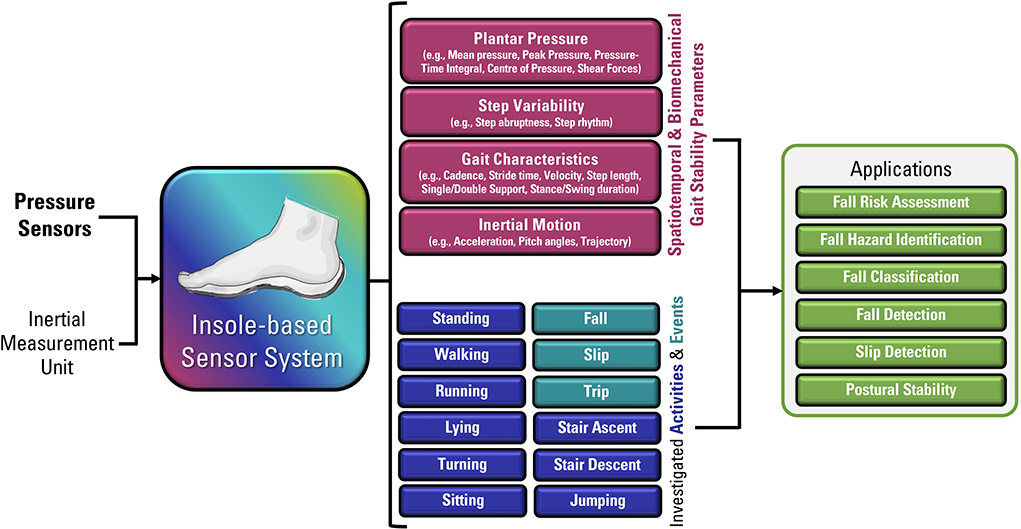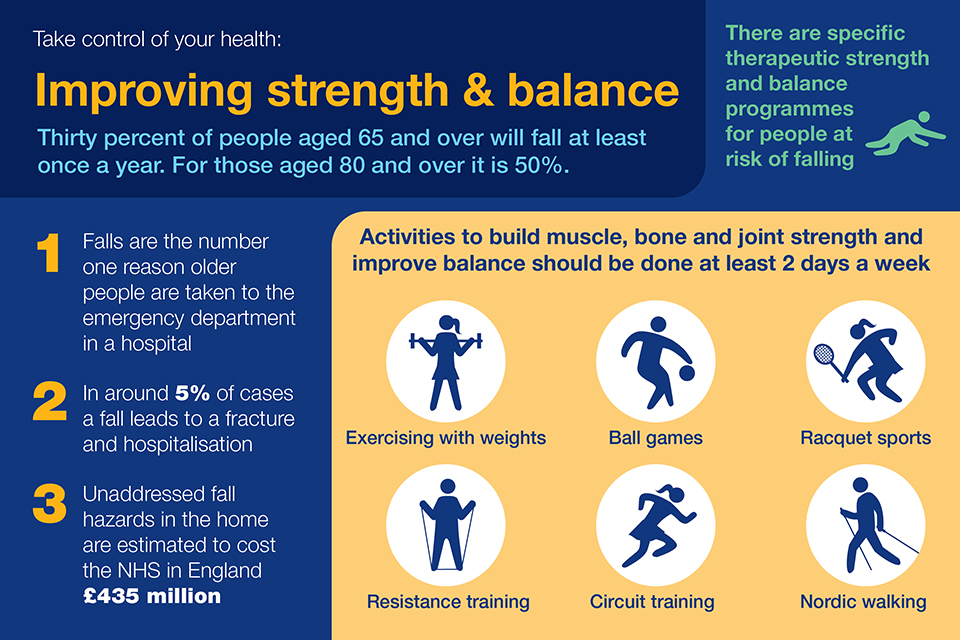The smart Trick of Dementia Fall Risk That Nobody is Discussing
The smart Trick of Dementia Fall Risk That Nobody is Discussing
Blog Article
Dementia Fall Risk Fundamentals Explained
Table of ContentsA Biased View of Dementia Fall RiskThe smart Trick of Dementia Fall Risk That Nobody is Talking AboutSee This Report on Dementia Fall Risk6 Easy Facts About Dementia Fall Risk DescribedThe Definitive Guide to Dementia Fall Risk
You could be nervous because you have actually had a loss before or since you have actually seen you're starting to really feel unstable on your feet. You might have observed modifications to your wellness, or just seem like you're decreasing a little. Whatever the factor, it isn't unusual to come to be cautious and shed confidence, and this can quit you doing things you utilized to do and make you really feel a lot more separated.If you have actually had a fall or you have actually begun to really feel unsteady, inform your doctor even if you really feel fine or else. Your doctor can inspect your equilibrium and the way you stroll to see if renovations can be made. They may be able to refer you for a falls threat evaluation or to the drops prevention service.
This information can be acquired via interviews with the person, their caregivers, and a review of their clinical records. Begin by asking the specific regarding their background of drops, consisting of the frequency and situations of any current falls. Dementia Fall Risk. Ask about any type of movement problems they may experience, such as unsteady or trouble walking
Conduct a detailed review of the person's drugs, paying certain interest to those recognized to enhance the danger of drops, such as sedatives or medicines that reduced blood pressure. Figure out if they are taking numerous medications or if there have actually been current adjustments in their drug program. Examine the individual's home environment for prospective hazards that might enhance the risk of drops, such as poor lights, loose rugs, or lack of grab bars in the bathroom.
Some Ideas on Dementia Fall Risk You Should Know
Guide the person through the loss risk evaluation type, discussing each inquiry and tape-recording their reactions precisely. Compute the complete risk rating based on the feedbacks supplied in the assessment type.
Regularly monitor the person's development and reassess their threat of falls as required. Supply recurring education and support to promote security and decrease the threat of falls in their day-to-day living tasks.
Several research studies have shown that physical therapy can help to reduce the threat of falling in grownups ages 65 and older. In a new research (that considered drops risk in ladies ages 80 and older), scientists calculated the financial influence of selecting physical therapy to stop drops, and they located that doing so conserves $2,144, consisting of all the concealed prices of your time, discomfort, missed out on life occasions, and the dollars paid for services.
More About Dementia Fall Risk
Inspecting your heart rate and high blood pressure measurements at remainder and while you alter settings (from resting or lying to standing). A basic examination of your reasoning (cognitive) abilities. Assessing your equilibrium, toughness, and strolling capacity. A simple vision examination. Evaluating your feet and shoes. A home safety analysis. Based upon the examination results, your physiotherapist will make a strategy that is customized to your details needs.
Older adults who have problem strolling and chatting at the very same time are at a higher danger of falling. Dementia Fall next page Risk. To aid raise your security during everyday activities, your physiotherapist might develop a training program that will test you to maintain standing and strolling while you do one more job. Instances include walking or standing while counting in Bonuses reverse, having a discussion, or lugging a bag of grocery stores
Establish goals for raising their physical activity. Work out extra to increase their strength and equilibrium. These programs typically are led by volunteer trainers.
Dementia Fall Risk Fundamentals Explained

Measles, or rubeola, is a highly contagious, acute viral infectious disease triggered by the measles infection. Some people think about measles as just a breakout and fever that improves in a couple of days; nonetheless, measles can trigger major health and wellness difficulties, particularly in children more youthful than 5-years-old. The most effective defense against measles is the measles, mumps, and rubella (MMR) vaccination.
Falls are an usual source of injury amongst older adults. According to the CDC, in one year alone, fall-related injuries added to over $50 billion in clinical costs (Dementia Fall Risk). In healthcare facility settings, older grownups go to specifically high risk of falls due to the fact that their minimized flexibility from being confined to an area or bed.
The Definitive Guide for Dementia Fall Risk

She has a case history of seizure problem and high blood pressure. She is receiving an IV mixture and taking Gabapentin and Lasix. She has no background of drops, her gait is stable, and she nullifies with no concerns. The previous nurse states that she asks for aid to the shower room when she needs to go.
Instances of usual autumn interventions/measures include: Making sure a person's vital things are accessible. Placing the patient's bed rails up with the alarm on. Aiding a person while they're standing up from bed. Past recognizing just how to use the Johns Hopkins Fall Risk Assessment Tool, it is necessary that facilities include its usage right into an extra detailed fall prevention plan.
Report this page